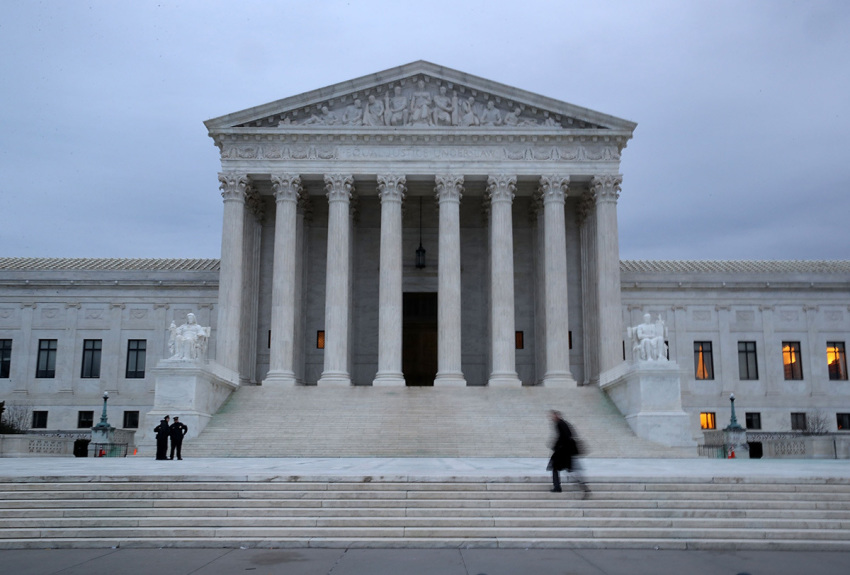Supreme Court allows subpoena of pro-life pregnancy centers’ donor information

The U.S. Supreme Court has rejected a request by a New Jersey-based network of pro-life pregnancy centers to stop a subpoena that would force it to disclose donor information.
In an orders list released Monday morning, the high court denied without comment a petition for a writ for mandamus submitted on behalf of First Choice Women's Resource Centers, Inc.
Last November, New Jersey Attorney General Matthew Platkin subpoenaed First Choice for records that included donor lists and private correspondence to investigate whether the network was violating the New Jersey Consumer Fraud Act.
Platkin was one of 16 Democrat attorneys general who signed a letter last year accusing pro-life pregnancy centers of spreading "misinformation and harm" by "misleading consumers and delaying access to critical, time-sensitive reproductive healthcare."
In December, before the subpoena deadline came, First Choice filed a complaint against Platkin, claiming in the lawsuit that the subpoena was too broad in its scope and was unconstitutional.
U.S. District Judge Michael A. Shipp, an Obama appointee, ruled against the network in January, concluding that the complaint was "not ripe" and that the court "lacks subject-matter jurisdiction."
"Plaintiffs claims related to the Subpoena's enforceability in this matter would ripen only after the contingent future event that forms the basis of its alleged injury occurs," wrote Shipp earlier this year.
"Because this Court cannot yet know whether the state court tasked by the New Jersey state legislature with overseeing subpoena enforcement proceedings like this will, in fact, enforce the Subpoena in its current form, this matter is not ripe for resolution because no actual or imminent injury has occurred."
In February, the 3rd U.S. Circuit Court of Appeals rejected the centers' emergency request to place an injunction on the subpoena, denying it "without prejudice to reconsideration by the merits panel and/or the filing of a request for an expedited briefing schedule."
Later that month, the Alliance Defending Freedom, representing the pregnancy centers, filed a petition with the Supreme Court, asking them to stop the subpoena.
"The Attorney General's broad, unlawful Subpoena and the state-court enforcement proceeding are themselves a chill on First Choice's speech, religion, and associational freedoms," argued the petition.
"And in an environment in which pregnancy centers 'have been subjected to bomb threats, protests, stalking, and physical violence' … the Attorney General's sweeping demands threaten not just the freedoms but the safety and support of First Choice's donors, volunteers, and associates."



























